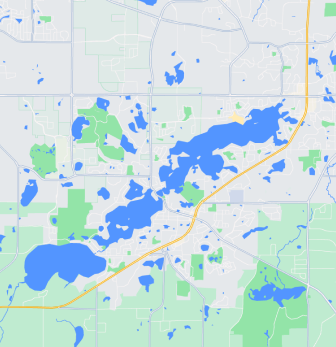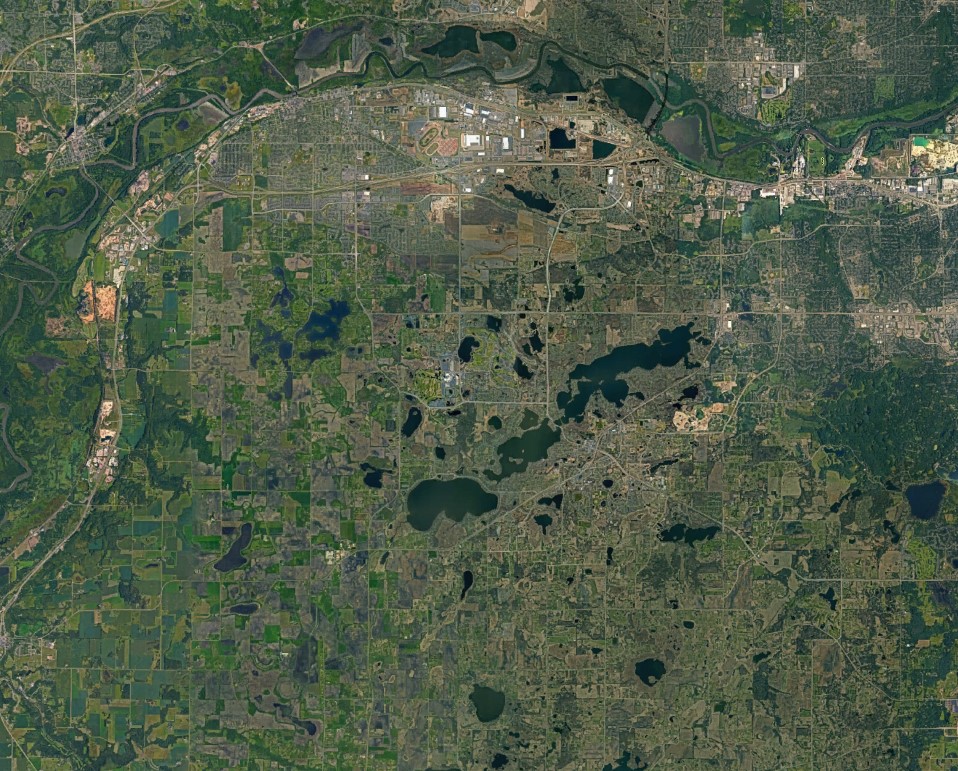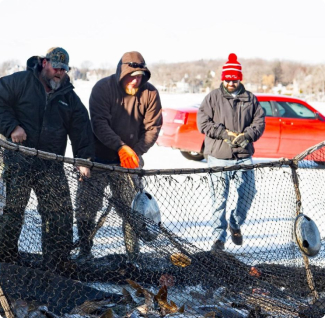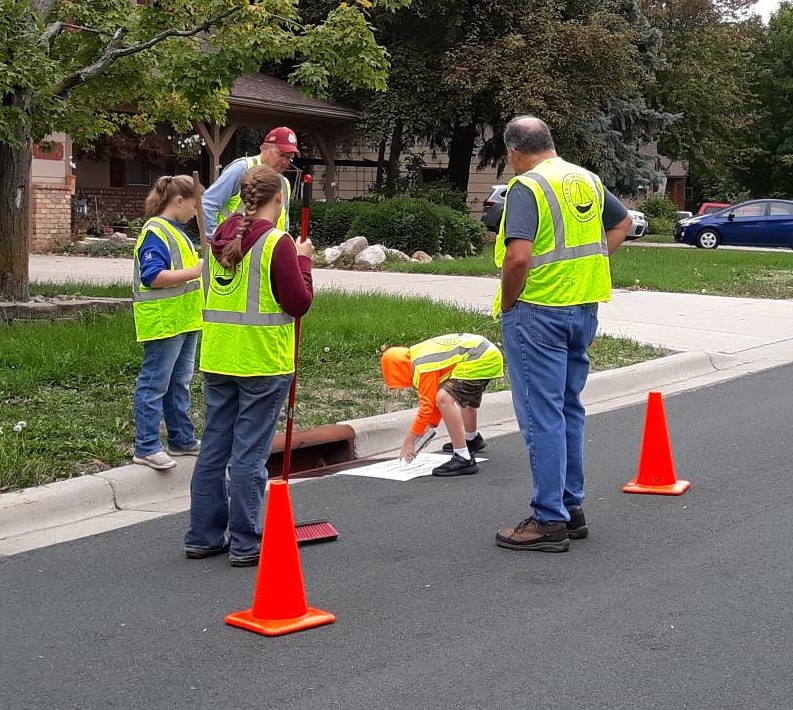Latest News
Stay up to date on the latest news from PLSLWD
Celebrate Carp Carnival at Sand Point Beach Park - July 26, 2025!
June 30, 2025
Join the Prior Lake-Spring Lake Watershed District for a FREE and fun-filled day at the Carp Carnival!
The Prior Lake Outlet Channel pipe lining is complete
June 2, 2025
One of the largest jobs ever undertaken by the PLSLWD was completed in May. The Prior Lake Outlet Channel (PLOC) pipe was lined using a Cured In Place Pipe (CIPP) method where no excavation along the pipe needed to be done.
PLSLWD Board, CAC and District Staff annual District Tour
June 2, 2025
On Thursday May 29 the PLSLWD Board of Directors, Citizens Advisory Committee (CAC) members and District staff toured three areas of the Watershed where projects are being worked on or have been completed.
Welcome Teresa Gostonczik to the PLSLWD
May 20, 2025
Say hello to our newest employee, Teresa Gostonczik
New PLSLWD Office Hours
March 13, 2025
Please note our new office hours: we are open Monday-Thursday 8:30-4:30pm, and on Friday by appointment. You can also call us at 952-447-4166 or email us at info@plslwd.org.
2024 Annual Newsletter
February 19, 2025
We accomplished a lot in 2024! Our Annual Newsletter summarizes some highlights of our activities throughout the year.
From Flooding to Drought - The Dynamics of Prior Lake's Water Levels
January 13, 2025
In the last couple years, we've experienced low and high water levels. The following article offers insight into the factors that contribute to our lake levels and how the PLSLWD takes steps to reduce flooding.
Happy 2025 - Great news about the Carp Population in Upper Prior Lake
January 2, 2025
Since 2015, PLSLWD has been hard at work reducing the carp population in Upper Prior Lake and we've made incredible progress!
Emily Dick, PLSLWD Project Manager, named 2024 MN Outstanding Watershed Employee
December 10, 2024
At the Minnesota Watershed Conference held in Nisswa last week, PLSLWD's Project Manager, Emily Dick, was named the 2024 Outstanding Watershed Organization Employee by BWSR (Minnesota Board of Water and Soil Resources), due in large part having obtained a nearly $1,000,000 grant to repair the Prior Lake Outlet Pipe which is in need of pipe lining which will maintain the pipe's life for another 50 years.. The work on the pipe will happen in 2025.
Buckthorn Wreath Making Event - Check out the beautiful creations
October 28, 2024
The PLSLWD along with community artist, Kimberly Boustead, hosted a Buckthorn wreath making event.
District Awarded Over $850,000 MPCA Grant
September 5, 2024
After many months of searching for funding, the District has been awarded over $850,000 in MPCA grant funding for the Prior Lake Outlet Pipelining! This project will double the lifespan and restore the capacity of Prior Lake's only "relief valve," a critical piece of infrastructure for flood relief.
What to know about Blue-Green Algae
August 19, 2024
The Watershed District has received a number of reports of suspected Blue-Green Algae this summer. Read the full news story for complete information about it





